How Much Would You Pay for Your Own Row of Seats on a Plane?
Frontier is the latest airline to offer the option to have an empty seat next to you.

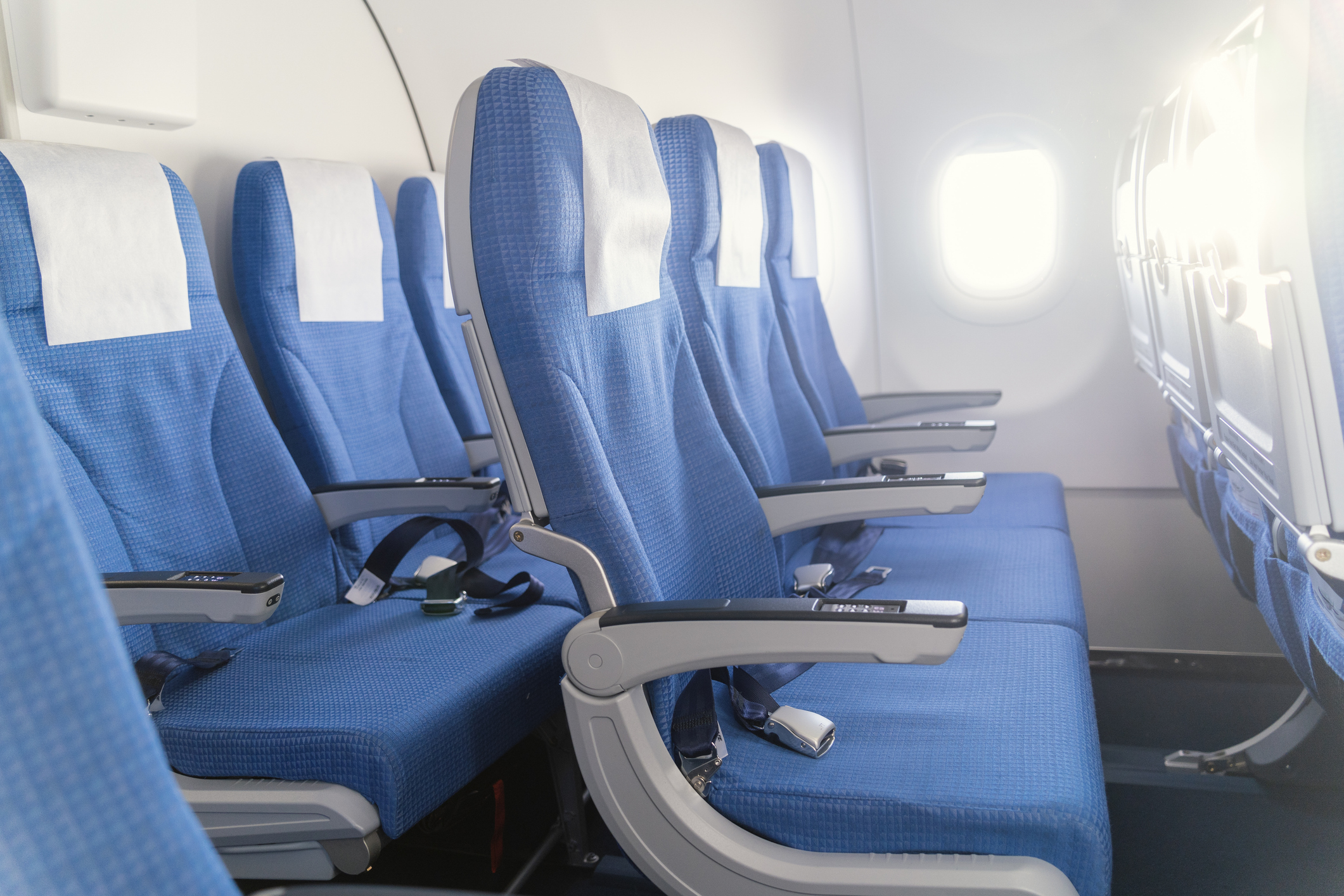
Profit and prosper with the best of Kiplinger's advice on investing, taxes, retirement, personal finance and much more. Delivered daily. Enter your email in the box and click Sign Me Up.
You are now subscribed
Your newsletter sign-up was successful
Want to add more newsletters?
Frontier Airlines announced this month a new seating option, UpFront Plus, where you can pay to have the middle seat next to you be empty, whether you're in the window or aisle. It's just the latest in a unique way to offer more space, at a price, for air travelers.
We all know the value of an empty middle seat. It's one of those free gifts you rarely get while flying, especially these days when it feels like every amenity is an add-on you'll be charged for, even if you're using a travel website to save money. Frontier's UpFront Plus is playing to that hopefulness, hoping it'll be enough for you to pay.
This isn't the first option of its kind. Some airlines were blocking middle seats during the height of the pandemic, as Dawn Gilbertson pointed out in the Wall Street Journal Travel newsletter, although that practice has ended. Gilbertson also pointed out that another budget airline, Spirit, offers "Big Front Seats," where the rows at the front of the plane only have two seats, not three, so each gives a passenger more space than in a traditional row.
From just $107.88 $24.99 for Kiplinger Personal Finance
Become a smarter, better informed investor. Subscribe from just $107.88 $24.99, plus get up to 4 Special Issues

Sign up for Kiplinger’s Free Newsletters
Profit and prosper with the best of expert advice on investing, taxes, retirement, personal finance and more - straight to your e-mail.
Profit and prosper with the best of expert advice - straight to your e-mail.
The experience of paying for a row to yourself
There are also similar options outside of budget airlines. On a recent flight from New Zealand to New York, my husband and I opted to try out Air New Zealand's Skycouch. With that, you get an economy row of three seats to yourself (or selves, if you book it with someone else) that have the option to flip up a padded footrest to essentially create a lay-flat seating arrangement.
Why did we book it? I'm short and can sleep anywhere, but my husband's tall, so we usually end up booking seats with more room anyway. Considering it was a 16-hour flight, we wanted to give ourselves more space, but we weren't in a position to buy business-class seats. Plus, I'm always curious about the latest unique offerings in flying and wanted to see what the couch was all about.
It wasn't exactly cheap — upgrading to the Skycouch cost almost 30% the cost of our original flight booking — but as my husband put it, we basically bought a third seat, and all the room that came with it, for one-third the price. And that was a couple of thousand dollars less than upgrading to business.
So, was it worth it? Well, the flight ended up being pretty sparsely filled, so just about everyone could spread out to have a row to themselves — including us. Two grown adults can't reasonably fit on one Skycouch (although we did have some laughs trying to see how you'd pull it off), so once it was clear the flight was empty enough, my husband moved to an empty row for himself. Similarly, the row ahead of us had two parents and a baby, and while mom and baby stayed in the row to sleep, dad moved to an empty row for himself (he was very attentive and caring, don't worry).
But you can't plan for an empty plane, which is what made it feel worth it to us. We were confident in our comfort for the weeks leading up to the flight knowing we'd have space to stretch out. And, for what it's worth, we found Air New Zealand overall to be an excellent airline.
When is an extra empty seat on a plane worth it?
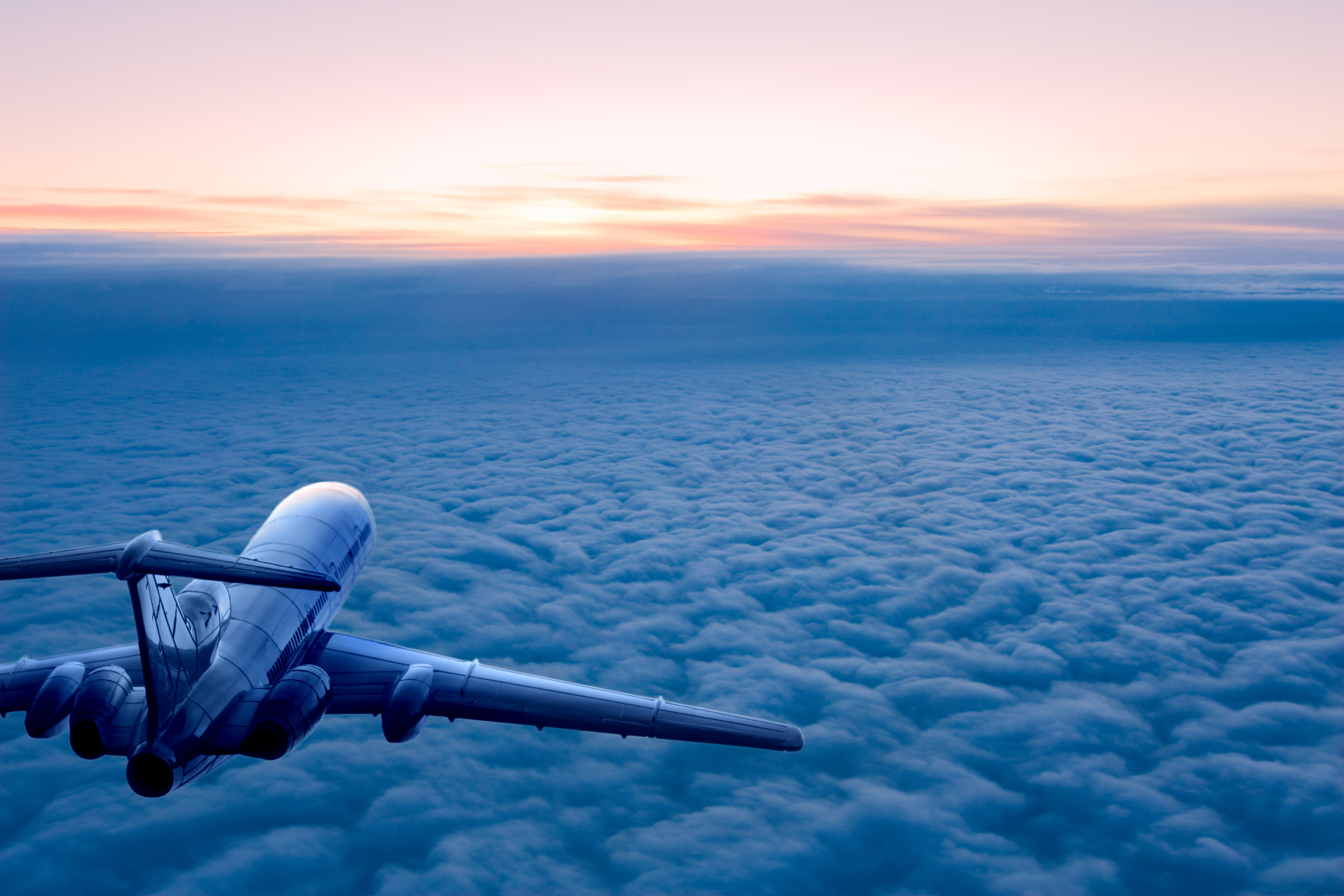
How can you decide if you should pay extra for a spare seat? There are some situations where there's strong reasoning for it, like if it's a long-haul flight where you'll want to stretch out, if you're flying with a baby or pet in tow, or if you have a health concern where more room would provide at least peace of mind.
Some people are forced by many airlines to buy a second seat based on their size, in policies that have been called discriminatory. Southwest gives plus-sized passengers an extra seat for free, but Frontier asks passengers to book a second seat. In those cases, unless policies change, the UpFront Plus seats may be less expensive than booking two seats on a given flight.
You should consider the price differentials of the empty-seat option vs upgrading to a more premiere cabin. In Frontier's case, the UpFront Plus seats are already in the Premium section, which has more legroom.
As an example of Frontier's new offering, on a May flight from Atlanta to Denver, a Premium (extra legroom) seat costs $58-59, while an UpFront Plus seat costs $99. As a budget airline, Frontier requires you to pay if you want to choose your seat at all, with prices starting at $19 on this particular flight. It also is unclear if you truly have the middle seat to yourself — or are just paying to have an empty seat next to you; it looks possible you could pay for an aisle seat with the middle seat empty, while the person in the window seat is paying for the same thing, in which case you'd be "sharing" the empty middle seat.
The desire for an empty seat hints at the elephant in the room here: airplane seats have gotten smaller. Airplane seat widths were shrunk from 18 to 16 inches since the 1990s, WRAL reported in 2022, while, per the Los Angeles Times, seat "pitches" went from an average of 35 inches in 2011 to 31 inches in 2022. It's no wonder an app to fly private on the cheap has so much appeal.
Combine that with the oddities of airline rewards programs and the feeling that you get charged for everything on a plane (so ubiquitous it's become part of advertising for other industries), and it just makes for frustration at every level of commercial flight. Yes, it's a miracle we can get from one side of the country to the other in a few hours, but do we have to pay for it with our common sense in addition to our dollars?
Related Content
Profit and prosper with the best of Kiplinger's advice on investing, taxes, retirement, personal finance and much more. Delivered daily. Enter your email in the box and click Sign Me Up.
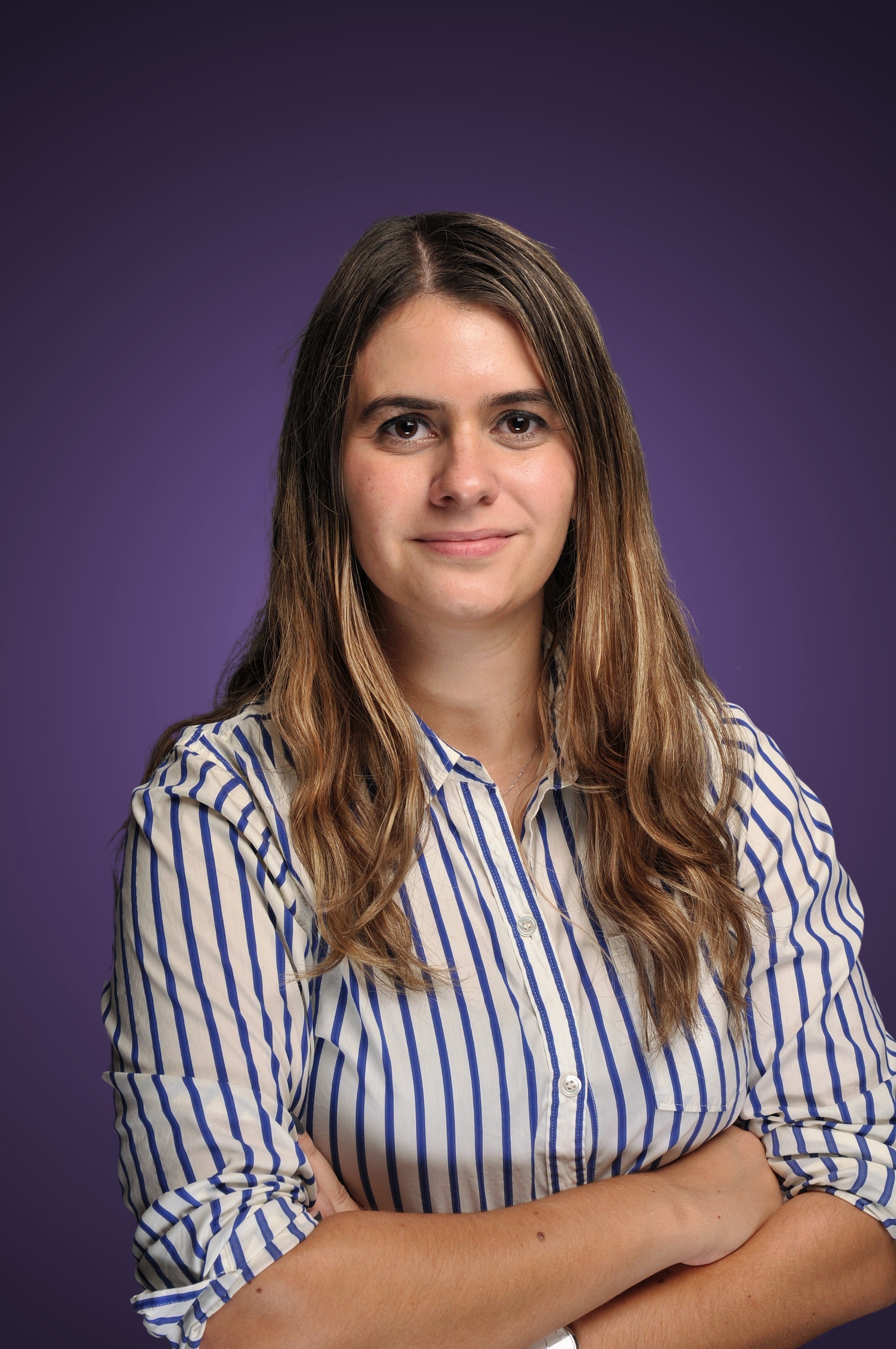
Alexandra Svokos is the digital managing editor of Kiplinger. She holds an MBA from NYU Stern in finance and management and a BA in economics and creative writing from Columbia University. Alexandra has over a decade of experience in journalism and previously served as the senior editor of digital for ABC News, where she directed daily news coverage across topics through major events of the early 2020s for the network's website, including stock market trends, the remote and return-to-work revolutions, and the national economy. Before that, she pioneered politics and election coverage for Elite Daily and went on to serve as the senior news editor for that group.
Alexandra was recognized with an "Up & Comer" award at the 2018 Folio: Top Women in Media awards, and she was asked twice by the Nieman Journalism Lab to contribute to their annual journalism predictions feature. She has also been asked to speak on panels and give presentations on the future of media and on business and media, including by the Center for Communication and Twipe.
-
 A Top Vanguard ETF Pick Outperforms on International Strength
A Top Vanguard ETF Pick Outperforms on International StrengthA weakening dollar and lower interest rates lifted international stocks, which was good news for one of our favorite exchange-traded funds.
-
 Is There Such a Thing As a Safe Stock? 17 Safe-Enough Ideas
Is There Such a Thing As a Safe Stock? 17 Safe-Enough IdeasNo stock is completely safe, but we can make educated guesses about which ones are likely to provide smooth sailing.
-
 We're 64 with $4.3 million and can't agree on when to retire.
We're 64 with $4.3 million and can't agree on when to retire.I want to retire now and pay for health insurance until we get Medicare. My wife says we should work 10 more months. Who's right?
-
 5 Laundry Habits That Are Costing You Money
5 Laundry Habits That Are Costing You MoneyYou might be flushing money down the drain if you have any of these laundry habits.
-
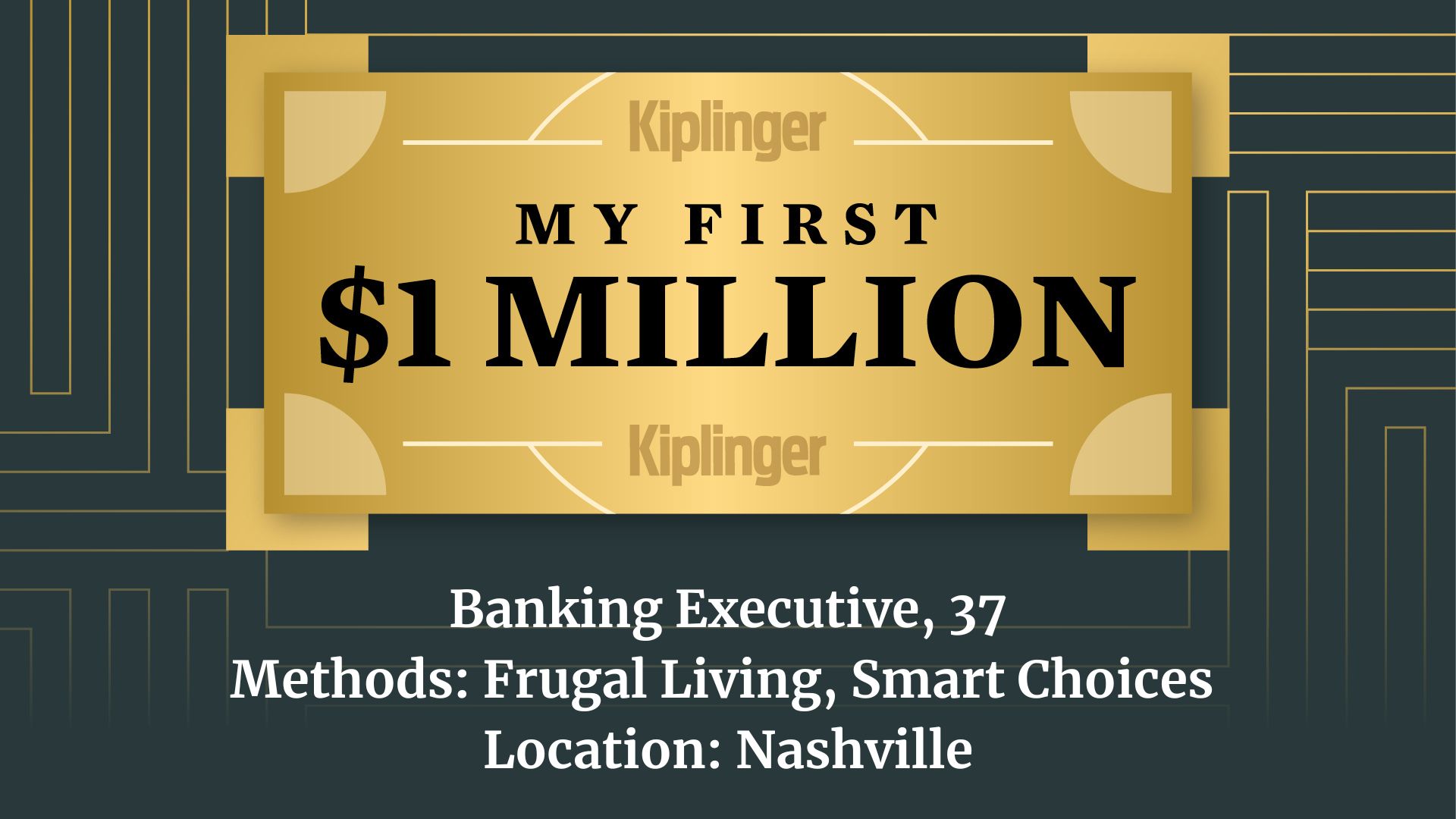 My First $1 Million: Banking Executive, 37, Nashville
My First $1 Million: Banking Executive, 37, NashvilleEver wonder how someone who's made a million dollars or more did it? Kiplinger's My First $1 Million series uncovers the answers.
-
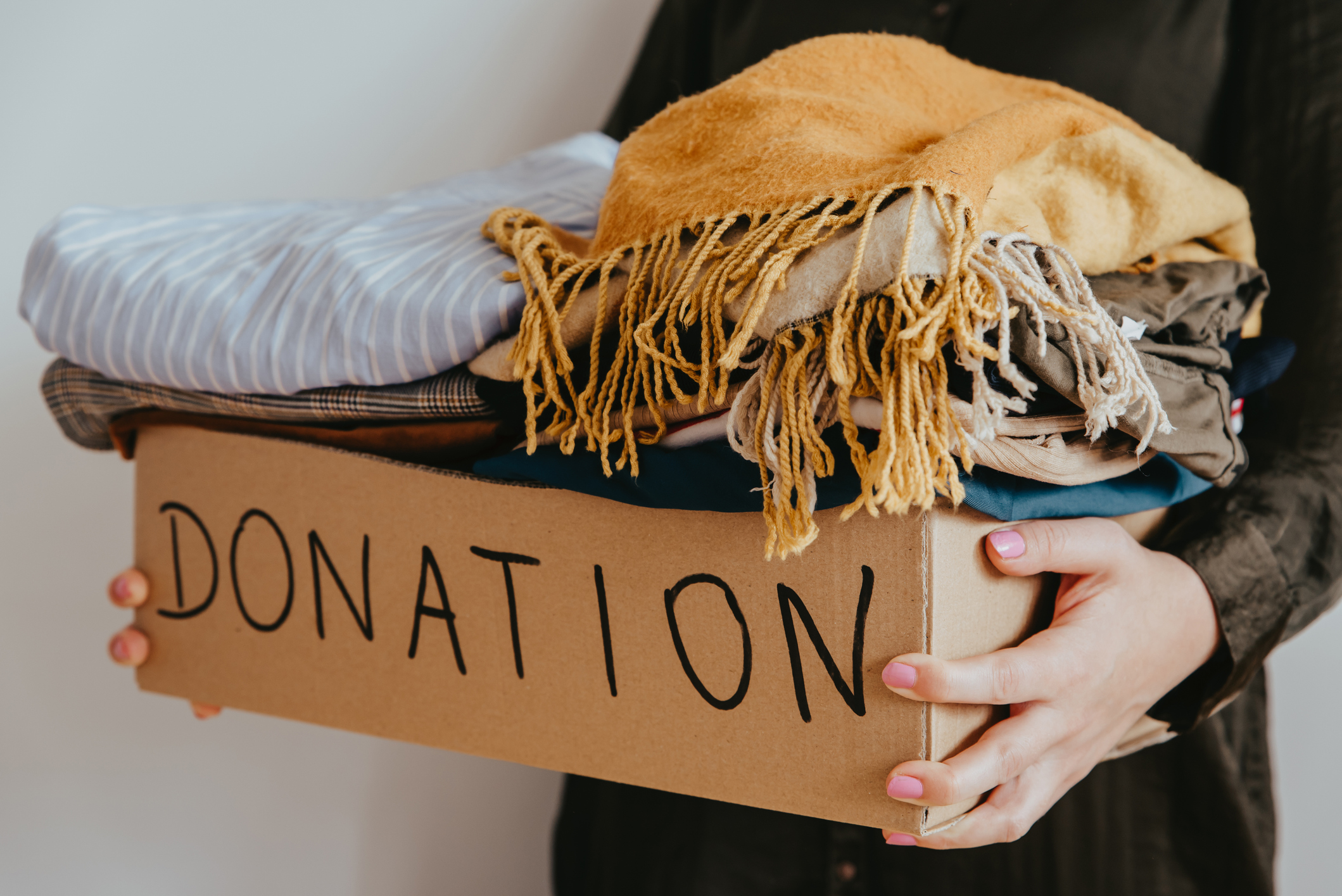 10 Decluttering Books That Can Help You Downsize Without Regret
10 Decluttering Books That Can Help You Downsize Without RegretFrom managing a lifetime of belongings to navigating family dynamics, these expert-backed books offer practical guidance for anyone preparing to downsize.
-
 New Ways to Keep Your Online Accounts Safe
New Ways to Keep Your Online Accounts SafeAs cybercrime evolves, the strategies you use to protect yourself need to evolve, too.
-
 Can Your Car Insurance Add Strangers to Your Policy? A Florida Class Action Lawsuit Could Decide
Can Your Car Insurance Add Strangers to Your Policy? A Florida Class Action Lawsuit Could DecideA Florida driver says GEICO added complete strangers to her car insurance policy and jacked up premiums as a result.
-
 Life Loves to Throw Curveballs, So Ditch the Rigid Money Rules and Do This Instead
Life Loves to Throw Curveballs, So Ditch the Rigid Money Rules and Do This InsteadSome rules are too rigid for real life. A values-based philosophy is a more flexible approach that helps you retain confidence — whatever life throws at you.
-
 The Best Short-Term CD for Your Cash in 2026
The Best Short-Term CD for Your Cash in 2026This strategy can help you earn thousands in months.
-
 What Is an Assumable Mortgage and Could It Save You Thousands?
What Is an Assumable Mortgage and Could It Save You Thousands?With mortgage rates still elevated, taking over a seller’s existing home loan could lower monthly payments — if the numbers work.